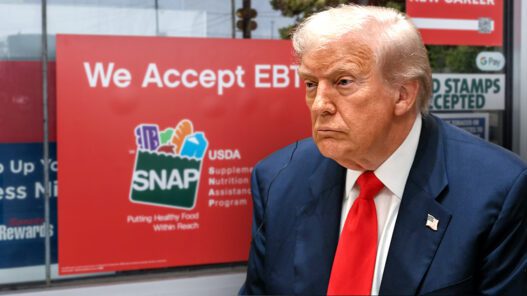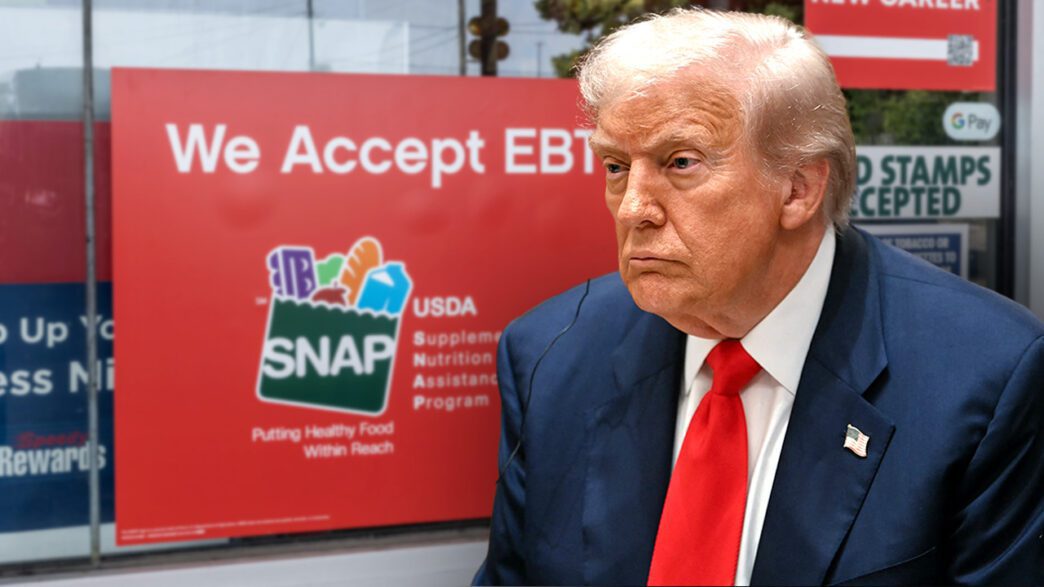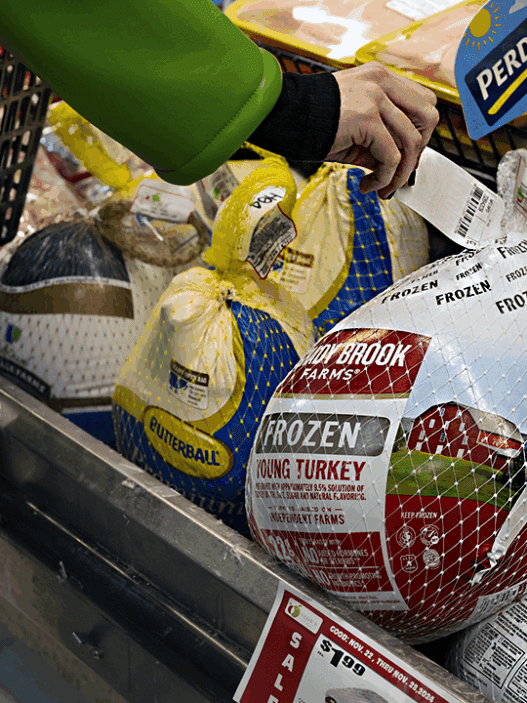The U.S. Department of Agriculture says it’s working to reform what it calls the “out of control” SNAP benefits program.
The agency plans to redirect more of its nutrition budget toward healthier, American-grown food options, including specialty crops, fruits and proteins. Agriculture Secretary Brooke Rollins said the effort is part of the “Make America Healthy Again” movement championed by Health and Human Services Secretary Robert F. Kennedy Jr.
“More coming on that early next year as we begin to shift how we’re buying food, and really supporting the American farmers,” Rollins said Wednesday on “Mornings with Maria.”
Rollins noted that part of the shift will include using the USDA’s food purchasing power to get more American-grown fruits and specialty crops into school lunches and food banks.
She explained that the USDA spends roughly “$400 million a day across 16 nutrition programs.” The agency is looking to improve how that money is spent to help reduce chronic disease.
TYSON FOODS TO CLOSE MAJOR BEEF PLANT, SCALE BACK OPERATIONS AS CATTLE SUPPLIES DECLINE
The SNAP benefits program recently came under scrutiny during the latest government shutdown, when funding for the food assistance program came close to running out. The USDA has since pledged to root out fraud within the program and is requiring participants to reapply for benefits.
Rollins also confirmed the agency is finalizing a new “bridge package” of financial support for farmers. She said she has been speaking with Treasury Secretary Scott Bessent and expects more announcements in the coming days.
WHY SNAP BENEFITS CAN’T BE FUNDED WITHOUT CONGRESSIONAL ACTION
“It’s just a bridge to get us to next year for the president’s promise that he wasn’t [going to] leave any of our farmers behind,” Rollins said.
She added that farmers are facing significant financial pressure and that the USDA plans to move quickly.
GET FOX BUSINESS ON THE GO BY CLICKING HERE
“For the farmers who are figuring out their planting and harvesting for next year, they need that certainty now as their banks are calling,” Rollins said.
“It’s been a really, really tough few years out in the farmland for our farmers.”























